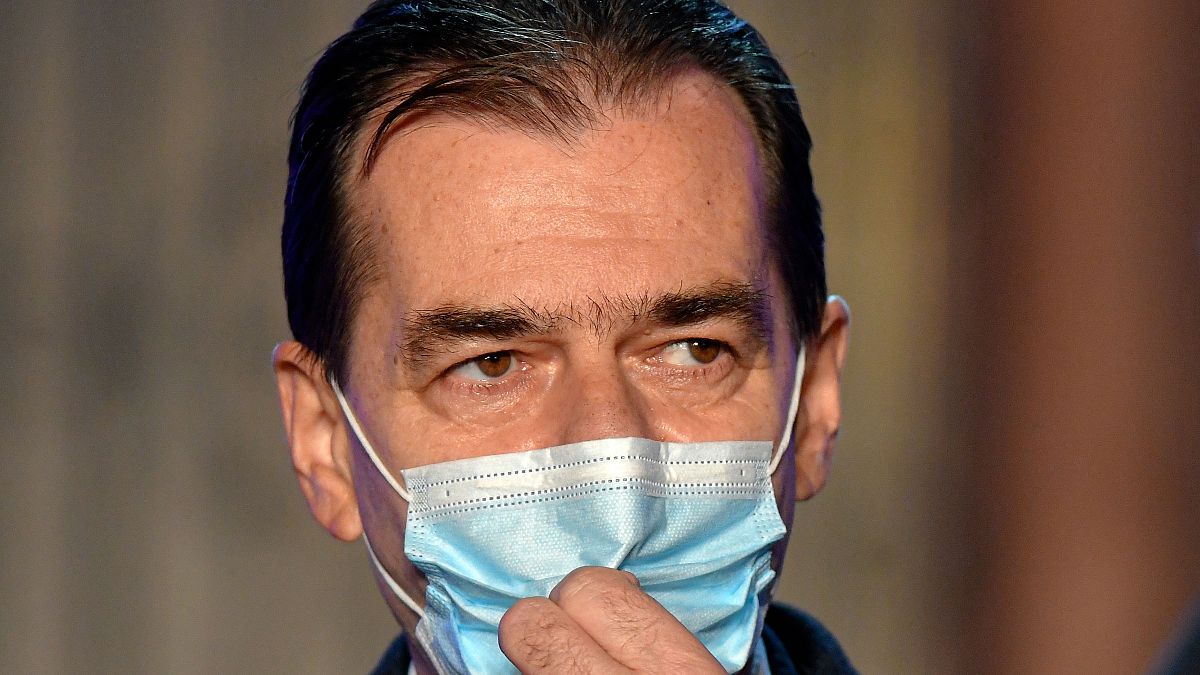Romania PM Ludovic Orban resigns after narrow election defeat to left-leaning populists
Romania's prime minister Ludovic Orban has resigned, following a narrow election defeat to the left-leaning populists.
Orban, a centre-right leader of the National Liberal Party (PNL), announced his resignation on television following disappointing election results for his party.
However, with 95% of votes counted from Sunday's election, the opposition Social Democrats (PSD) have around 30% of the vote, which may not be enough to let them form a government.
Orban — who is also the PNL party leader — said he was resigning from government because the PNL had to focus on talks to establish a new parliamentary majority.
"I want my resignation to show clearly that I am not holding onto any position,” Orban said. "I place Romania’s interests above PNL’s interests and above my personal interests".
Earlier on Monday, Orban said that coalition talks with the Social Democrats were out of the question but he did not provide a clear explanation for how his party hoped to reach a new governing majority in the 465-seat bicameral parliament.
"I want to be very clear, we will never negotiate with the PSD, we will not let the PSD harm Romania," Orban said.
Orban's Cabinet will remain in office in a caretaker capacity, but under Romania's law must be replaced by a new administration within 45 days.
Until then, Defence Minister Nicolae Ciuca will act as the prime minister, having been designated for the post by President Klaus Iohannis.
Orban has been at the helm of government for just over a year and is one of five prime ministers Romania has had in as many years.
He was named prime minister following the collapse of the Social Democrat government, which had been heavily criticised by the EU for its interference in the judiciary and for corruption scandals.
But the Social Democrats defied pre-election polls to become the nominal winner of Sunday's vote with unfeasible promises to preserve Romania’s welfare state model and after the minority National Liberals government faced strong criticism for its handling of the pandemic.
Only 33% of potential Romanian voters went to the polls on Sunday, compared with nearly 39.5% in 2016. Observers blamed the historically low turnout on voters' fears of infection by COVID-19, but also on general disillusionment with Romania's political class.
